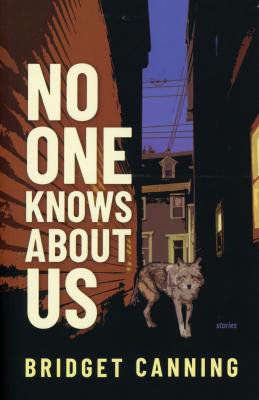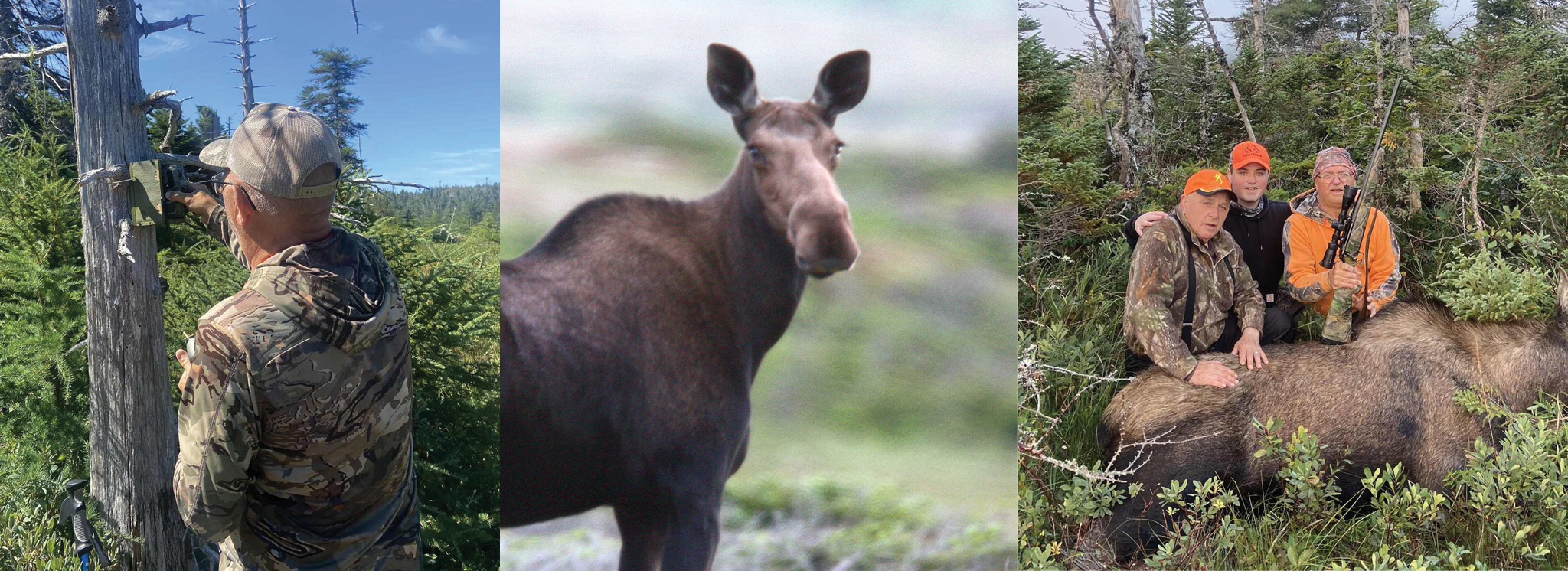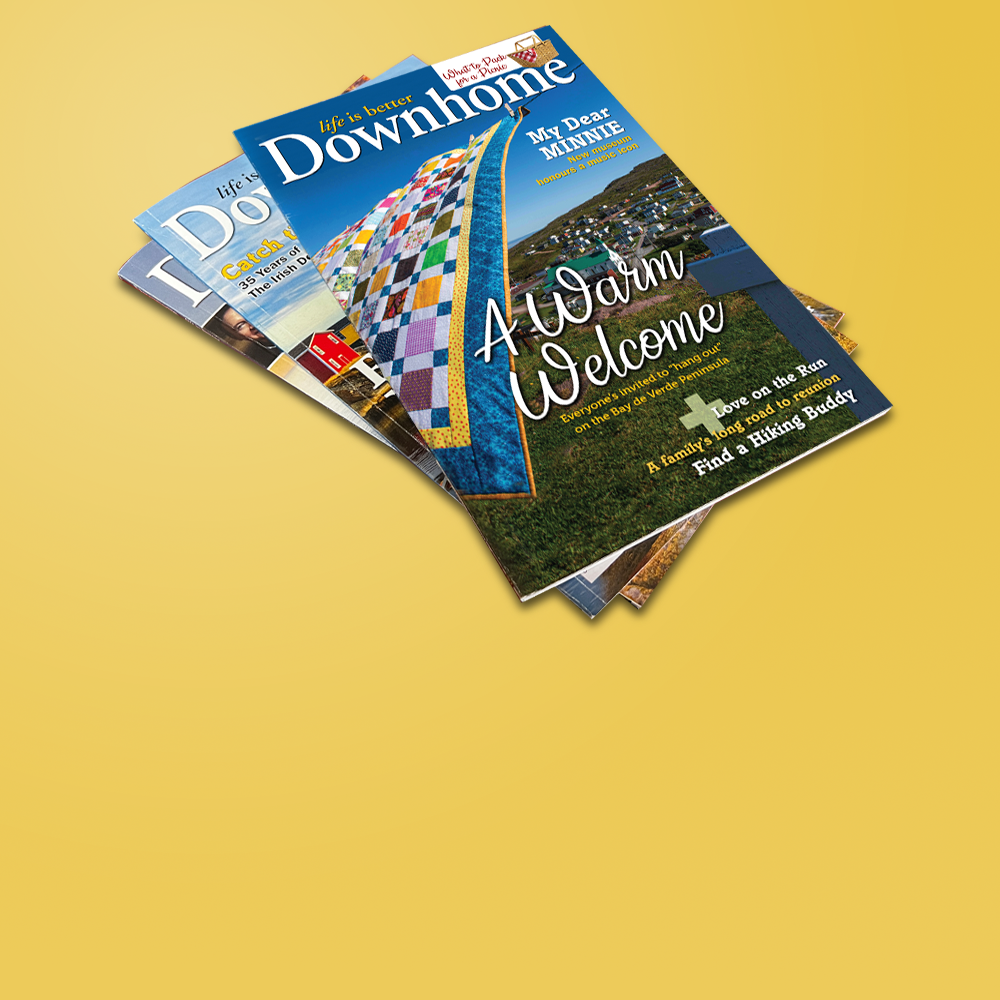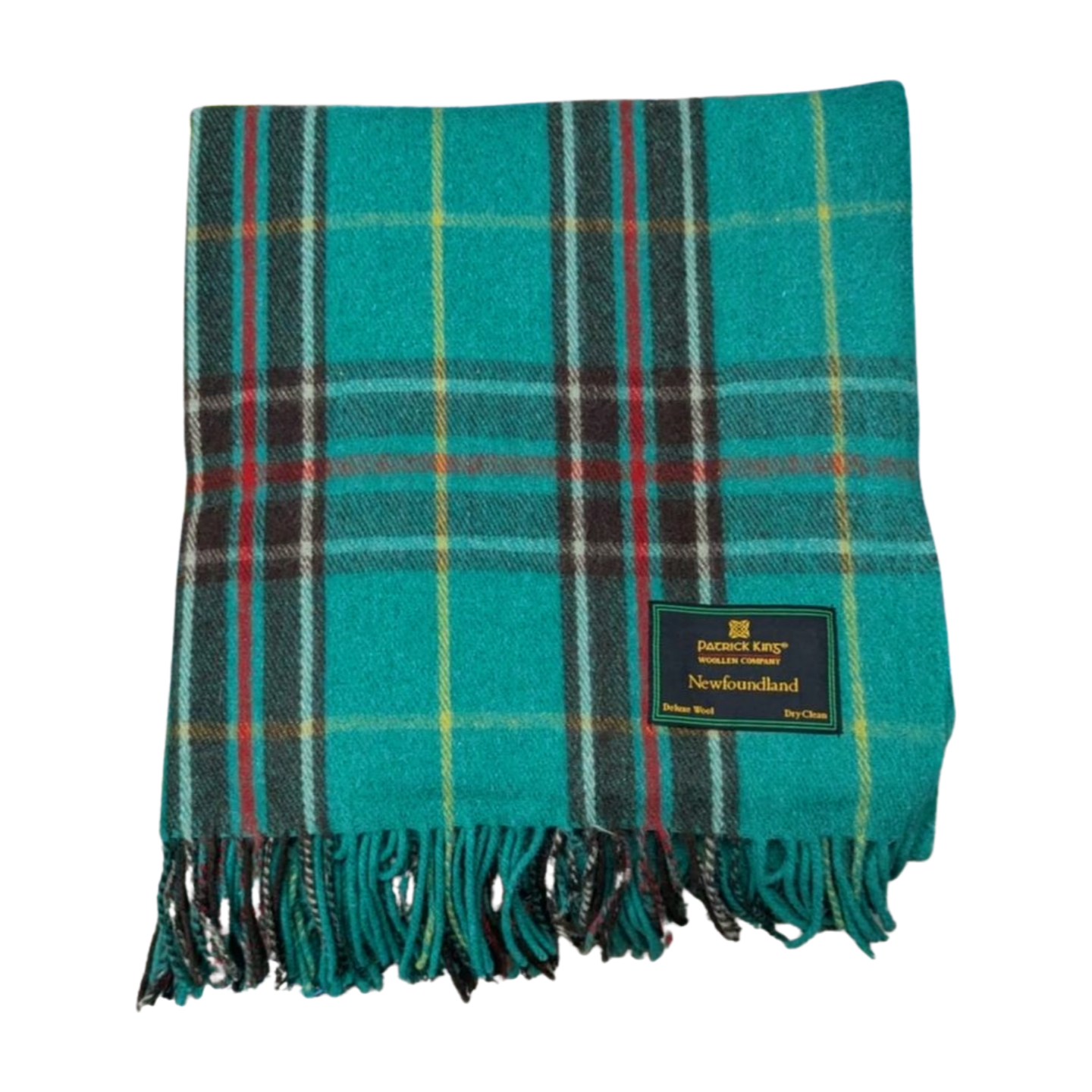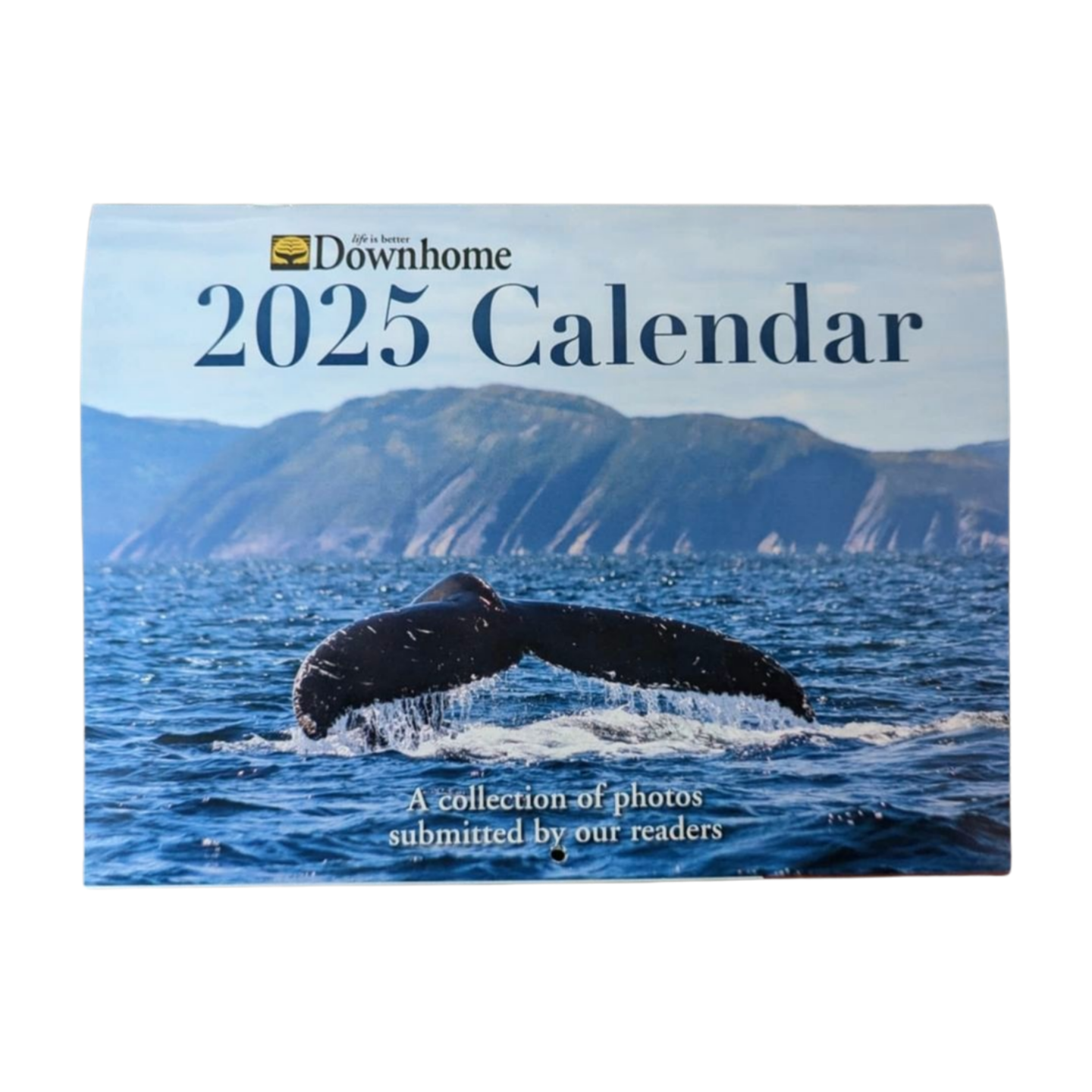By Denise Flint
No One Knows About Us is Bridget Canning’s first foray into short story writing after two novels. The stories concern the everyday lives of everyday people, and the setting goes back and forth between St. John’s and Toronto. Many of the characters from different stories intersect in interesting and unexpected ways, and it’s a bit of a game to try to trace the relationships.
Most of the stories capture a point in time or a particular situation – a night in a bar, a hospital visit for a scary exam, the progress of a crush. They sound mundane, yes, but they represent situations and states of mind that we all go through and are extremely relatable. Except, that is, the final story. Mindfull (yes, that’s how it’s spelled), which is really a novella, is probably one of the scariest things I’ve read in a long time. I had no idea what was going to happen next, and every new development came as a surprise. I hope Canning turns it into a novel one day. (Or maybe, given how unsettling it was, I hope she doesn’t.)
At first it doesn’t sound like a compliment to say that the sum of the parts of No One Knows About Us is greater than the whole. But there are so many beautiful sentences scattered throughout, like little jewels, that they are what makes the book stand out. All in all, Canning’s latest contribution keeps you turning the pages, and you can’t say better than that.
Q&A with the Author
Denise Flint: So you’ve published two novel and a short story collection. Do you prefer one over the other as far as writing? Do you have a preference as a reader?
Bridget Canning: Honestly it kind of depends. Sometimes for writing it depends on what inspires me. If I see it encapsulated, as a moment or as a series of moments, it’s a short story. Right now I’m working on a novel, and it’s hard in the fact that I don’t know how it’s going to end. It depends on how I’m inspired. It’s the same thing when I’m reading. Sometimes I just want to read short stories. Like at the end of term, I limit myself to reading short stories or a literary journal.
DF: What’s your favourite reading platform? Ebook? Paperback? Hard cover? Phone?
BC: I’m a paper book person. I don’t even know where the charger to my Kobo is right now. I was using ereaders for a while, but I ended up buying paper copies from seeing them on the shelf in bookstores or for passing them on to others. I’m still a paper and binding person.
DF: You thanked someone for the use of a particular anecdote in one of the stories. Is it usual to incorporate things you experience in real life into your fiction?
BC: I think it’s kind of usual for most fiction. I think you hear about an incident or something that happened or a snippet of dialogue. So much of writing is based on your own experiences. That was a great story and it kind of played into the larger story, and I like how it fits. It’s part of writing in general.
DF: You also mention your writing group. How does a writing group work?
BC: The writing group all met as part of taking writing courses at Memorial in Lisa Moore or Robert Findley’s classes, and it was encouraged by Lisa to keep giving each other feedback after the course ended. It’s nice to know you have this small community where you can bounce ideas off each other and benefit from mutual criticism. Writers like to meet other writers, and it beats you living in the jail of your mind all the time. Usually we give each other an excerpt. When there are a lot of people we say a max of five pieces; with smaller groups it’s 10 pages and you send it out before you meet. Two hours for four people, plus chips and wine and snacks.
DF: Did COVID affect your writing process?
BC: Oh yeah, definitely. It felt like a fallow period. So much of writing for me is going out into the world, going for a walk, popping into a coffee shop and watching people, and talking to people – your friends, family, neighbours; and you’re suddenly in your house with nothing to do. I think there’s a feeling that there’s bigger things going on than this story about someone having a crush. It was easy to lose focus and inspiration and get bogged down with the stress of the pandemic.
No One Knows About Us
Bridget Canning
Breakwater Books
$22.95


